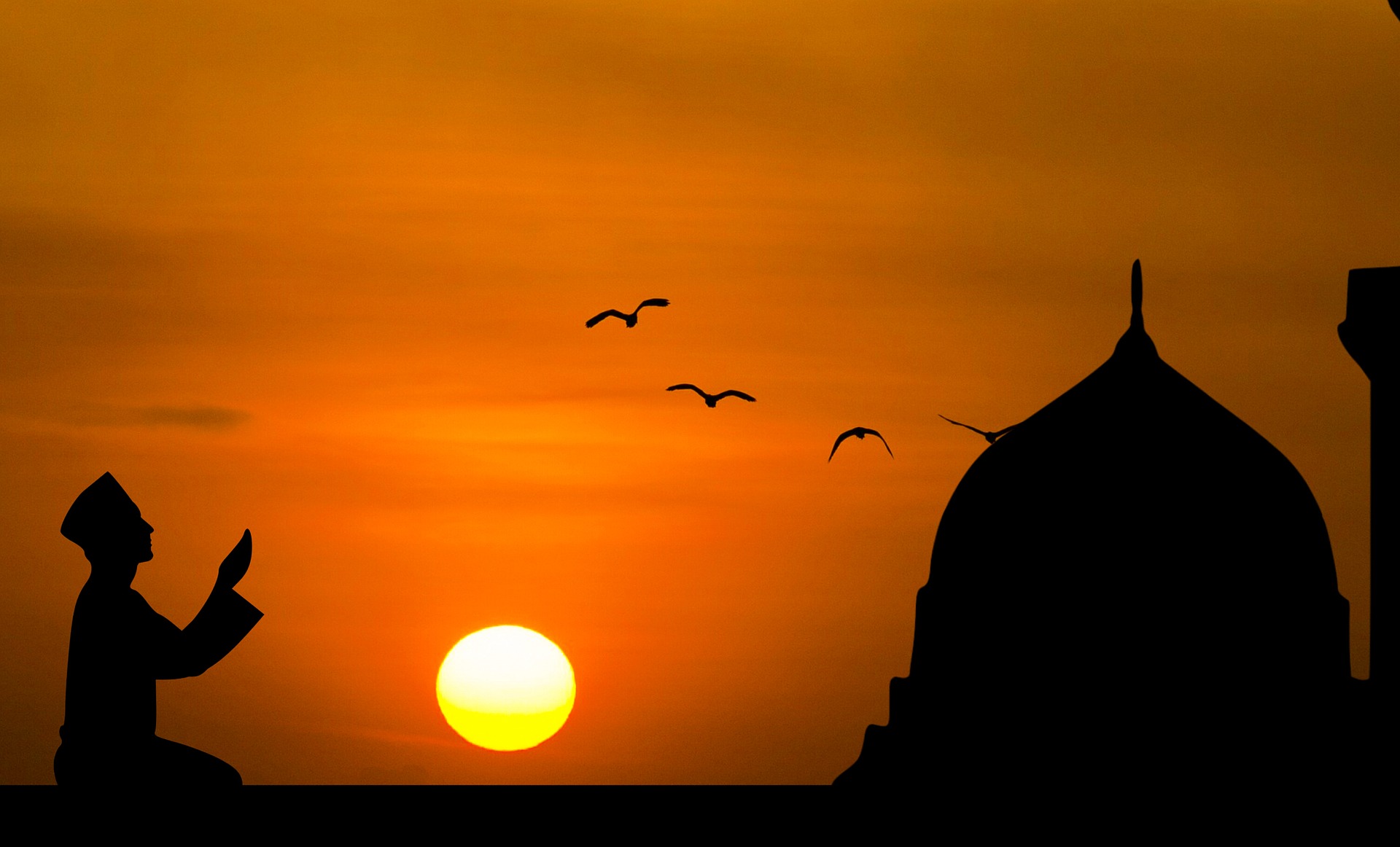If we are meditating, we acknowledge the existence of a higher force or consciousness within us. If a higher being or potential were not within us, meditation would be a pointless pursuit. We meditate to discover this deeper self, to access and utilise this greater power, to become this fuller reality.
It doesn’t matter how we imagine, characterise or name this higher, deeper and wiser self: whether as soul, spirit, nature, angel, Guru or God. Each of us will have our own familiar and intimate way to connect and relate with our higher being. In prayer and meditation, we sometimes imagine or address our higher self as a third party with divine attributes: as Thou and Thine.
This higher being is the source of all that we yearn for: peace, love, wisdom, light and joy. By invoking this being within us, we invoke all these divine qualities as our own.
Meditation is an offering and surrendering of our lower to our higher consciousness. Both lower and higher are our self: the lower is our limited, finite and familiar self, in which we have been living, thinking and suffering; the higher self we glimpse in dreams and moments of inspiration, the self of expansion, clarity, universal love, freedom and happiness.
Our lower consciousness is limited and finite, ruled by definition, desire and possession, by me and mine.
Our higher consciousness is unlimited and infinite, characterised by aspiration and liberation.
To enter from our lower, restrictive and claustrophobic self into our higher, illumined self requires giving up our finite attachments and the very notion of “mine” to embrace and become the freedom and exhilaration of “Thine.” In offering the lower to the higher, the lower is effaced in the higher.
Then Thine and mine entwine as only Thine.
